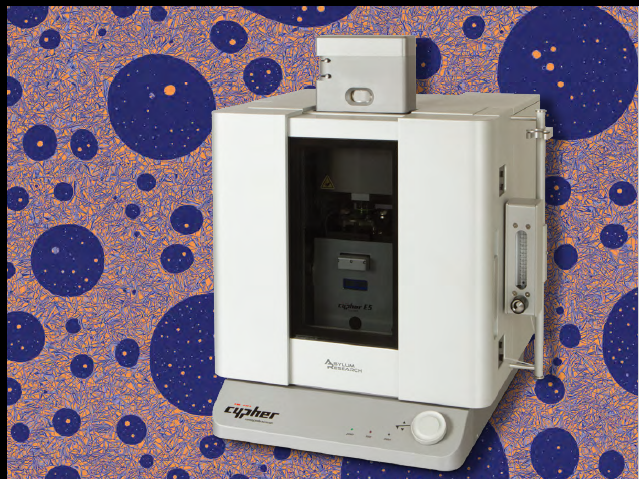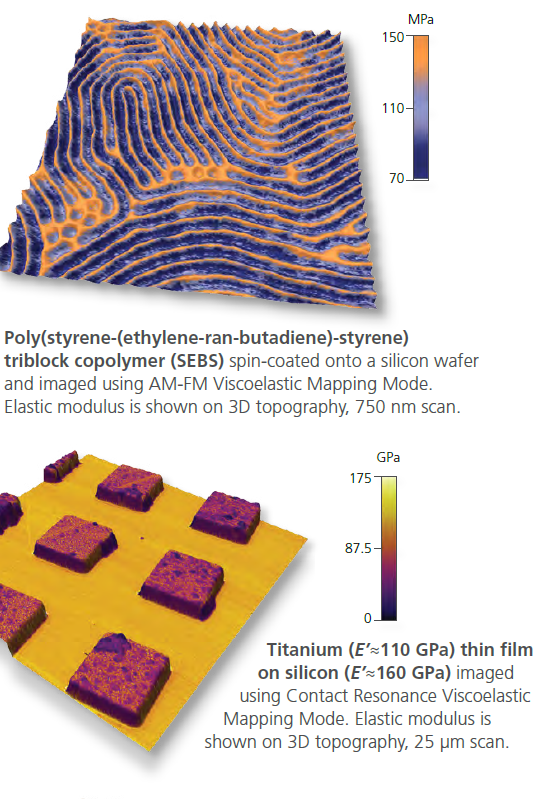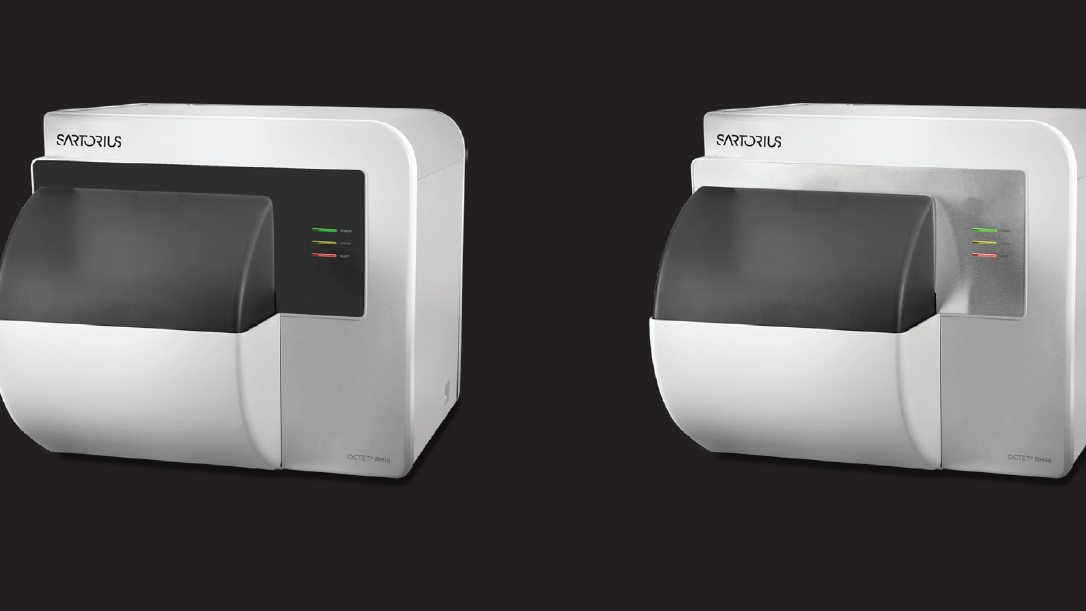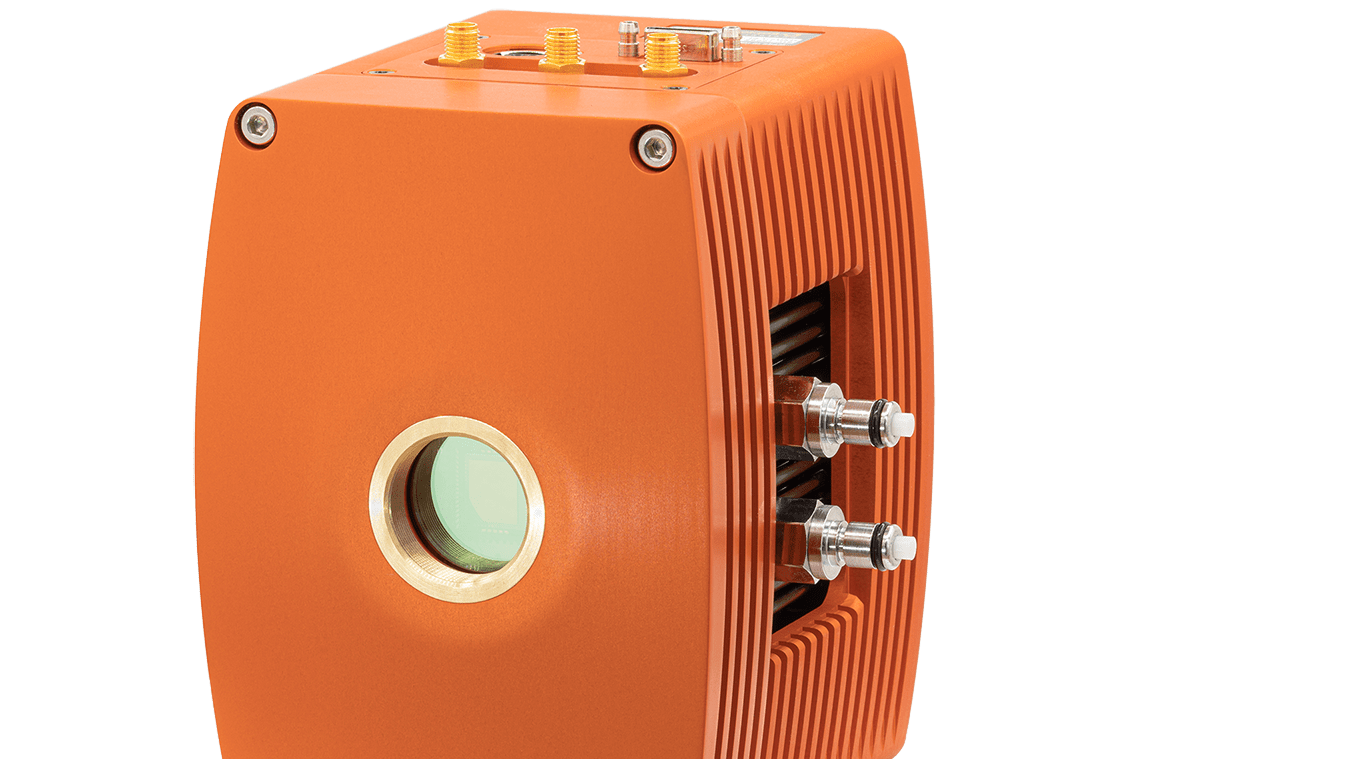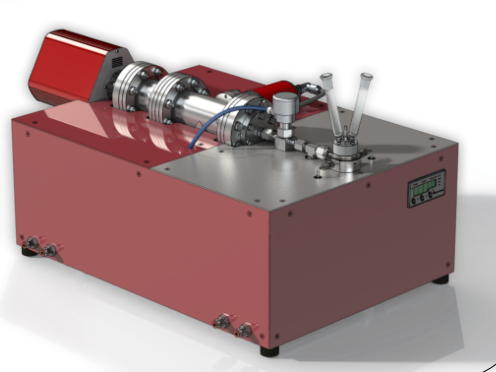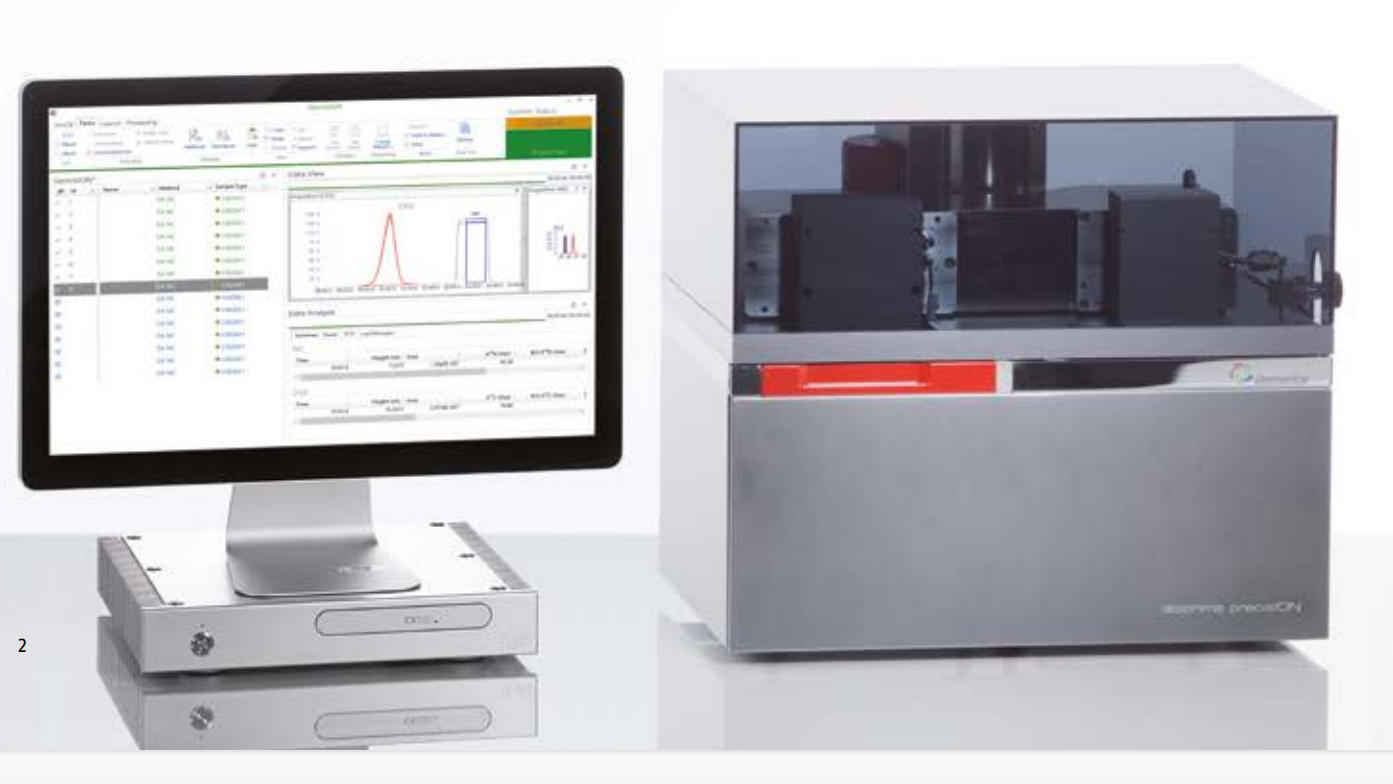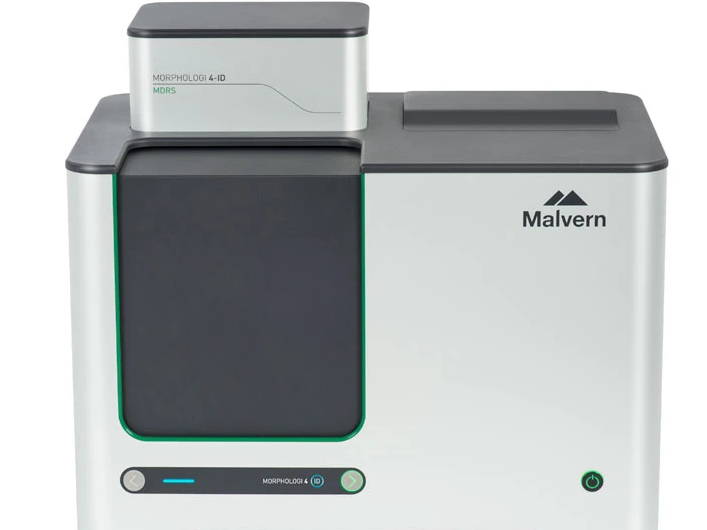Oxford Asylum Cypher AFM
:
Unmatched mechanical stability— Noise floor is half that of any other AFM sold today!
Exceptionally low drift—Features are undistorted and lattice lines are straight
Lowest noise electronics—No more guessing if periodic features are real or just noise
AM-FM Viscoelastic Mapping Mode
• Tapping mode technique that measures both the
elastic storage modulus, E’, and the viscoelastic
loss tangent, tan δ = E’’/E’
• Good for samples from 50 kPa to 300 GPa
• Fast—line scan rates up to 20 Hz are possible
Contact Resonance
Viscoelastic Mapping Mode
• Contact mode technique that measures both
storage modulus, E’, and loss modulus, E’’
• Good for samples from 1 GPa to 300 GPa
Fast Force Mapping Mode
• Force-distance curve mapping mode that operates
at up to 1000 Hz pixel rate
• Captures every force curve in the image, with
no missing curves or hidden data manipulation
• Captures both deflection and height sensor data
for accurate measurement of both axes
• Real-time and offline analysis models can be
applied to calculate modulus, adhesion and other
properties. Models are fully accessible by users for
verification and modification.
• Good for samples from 10 kPa to 100 GPa
Electrostatic Force Microscopy (EFM)
• Measures electrostatic force gradient
Kelvin Probe Force Microscopy (KPFM)
• Measures sample surface potential and work function
Conductive AFM (CAFM)
• Measures DC current from 1 pA to >10 μA
Fast Current Mapping Mode
• Measures current in Fast Force Mapping Mode
to reduce lateral forces
• Collects complete current vs. Z curves at each pixel
Scanning Microwave Impedance
Microscopy (sMIM)
• Measures both permittivity and conductivity
in contact or Fast Force Mapping Mode
• Operates on insulating, semiconductor
and conductive materials
Piezoresponse Force Microscopy (PFM)
• High sensitivity and crosstalk-free measurements
• Higher sensitivity is enabled by operating at high
voltages (up to ±150 V) and at the tip-sample
contact resonance frequency (DART Mode)
Electrochemical Strain Microscopy (ESM)
• Probe electrochemical reactivity and ionic flows in
energy storage and energy generation materials
• Directly measures effect of ionic currents on
mechanical strain




